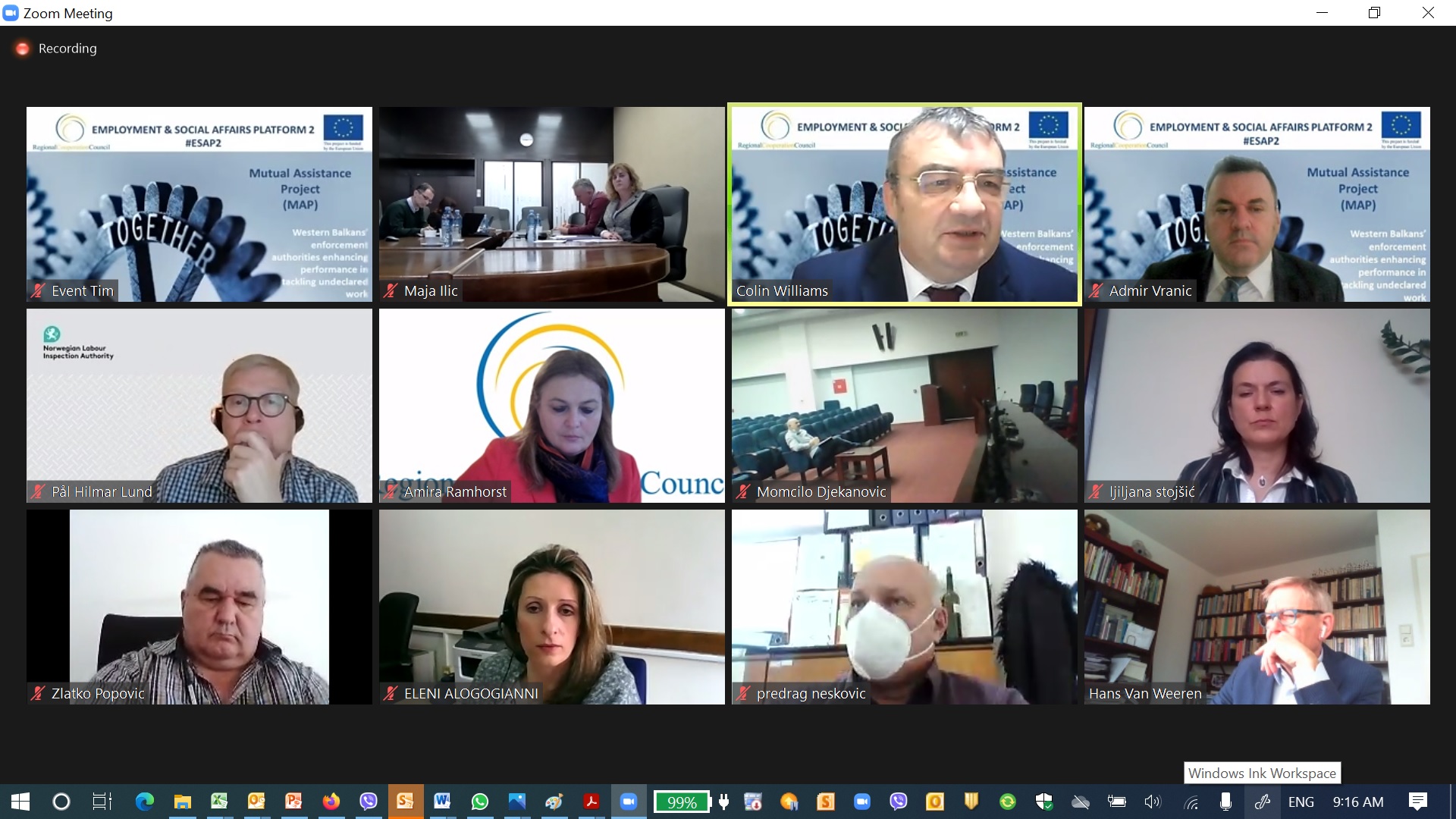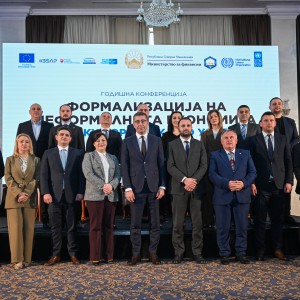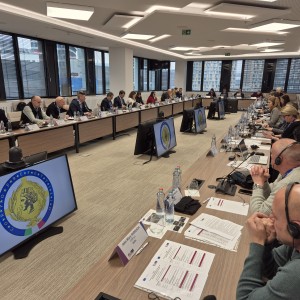News
23 November 2021 |News
RCC ESAP 2 together with the Labour Inspectorate from Serbia co-hosted the 5th Mutual Assistance Project Aimed at Enhancing Performance in Tackling Undeclared Work

5th session of the Mutual Assistance Project(s) (MAP) for enforcement authorities in the Western Balkans facilitated by the RCC ESAP 2, 23 November 2021 (Photo: RCC ESAP 2)
As part of the 2021 Series of Mutual Assistance Projects, one-day MAP session was organized by the RCC ESAP 2 together with the Labour Inspectorate from Serbia
The 5th session of the Mutual Assistance Project(s) (MAP) for enforcement authorities in the Western Balkans (WB) facilitated by the Regional Cooperation Council’s (RCC) Employment and Social Affairs Platform 2 project (ESAP 2) took place today, 23 November 2021. The MAP session aimed at enhancing performance in tackling undeclared work and was co-hosted by the Labour Inspectorate from Serbia and RCC ESAP 2.
Amira Ramhorst, ESAP 2 Project’s Team Leader, welcomed all participants to the 5th session in the 2021 MAP series - co-hosts, the Labour Inspectorate from Serbia and peer experts from the Western Balkans (Labour Inspectorates from Montenegro and Republika Srpska, Bosnia and Herzegovina), and Europe (Labour Inspectorates from Greece, Netherlands and Norway). Ramhorst thanked all participating experts for their commitment to open peer discussions, where MAP is providing a practical, peer-learning platform for exchange of experiences that will contribute to enhancing performance in tackling undeclared work. Constructive and open dialogue on best practices, including challenges and options to address these are a mark of the MAPs.
This MAP session started with a video presentation of the work from the Labour Inspectorate from Serbia, with further details of inspectorates operations. The session continued with discussion on the following issues: strategic objectives of the Labour Inspectorates(s); coordination among enforcement authorities but also cooperation with social partners; collection, exchange and analysis of data; practical approaches to enforcement using penalties and increasing the probability of detection; supply- and demand-side incentives; and finally education and awareness raising on benefits of declared work, and building trust in the enforcement authorities.
‘Reporting’ and/or ‘complaints’ triggering many inspections of irregularities in the area of undeclared work was the topic that was elaborated at length through practical examples. Colin Williams, ESAP 2 Lead Expert on undeclared work underlined that the major issue for most Labour Inspectorates is development of criteria on how to react to complaints regarding undeclared work (i.e. if it needs to be done exclusively though site visits or in a different manner). Williams also spoke about the initiative of ‘voluntarily disclosure’ that is proven as an effective measure, which includes selection of a specific industry (construction, hospitality, etc.) for a limited period of time, allowing businesses to come forward to legalize without fear of penalty. When combined with a statement that full force of the law with highest penalties would be applied to businesses that fail to legalize after this period of ‘penalty-free’ time, the voluntary disclosure is even more effective. Also, providing incentives for businesses that come forward and legalize their undeclared operations, according to Williams, is yet another efficient measure in tackling undeclared work, used by many economies.
The MAP co-hosts from the Labour Inspectorate from Serbia shared their practices and experiences with other peer experts, soliciting experiences and good practices as applicable, looking for opportunities for enhancement. The open discussion on experiences and best practices led to a range of possibilities for enhancement that can be adjusted to specific context. Many of these practices relate to a ‘bottom-up’ approach and development of criteria learning from actual past inspections and inspectors’ experiences, but also to enhanced coordination with other institutions, as well as sharing of data and knowledge.
The 5th MAP session was wrapped up with several ideas and suggestions on how to enhance performance in tackling undeclared work that will be shared with all participants for further consideration and potential application in practice.
The ESAP 2 Mutual Assistance Project (MAP) offers a Western Balkan enforcement authority the opportunity for peer learning in an area where they see value for peer exchanges and/or opportunity for possible enhancement. These mutual assistance projects are practical, hands-on, and tailored learning activities designed to support and transfer practices, to help solve issues, provide advice and support.





